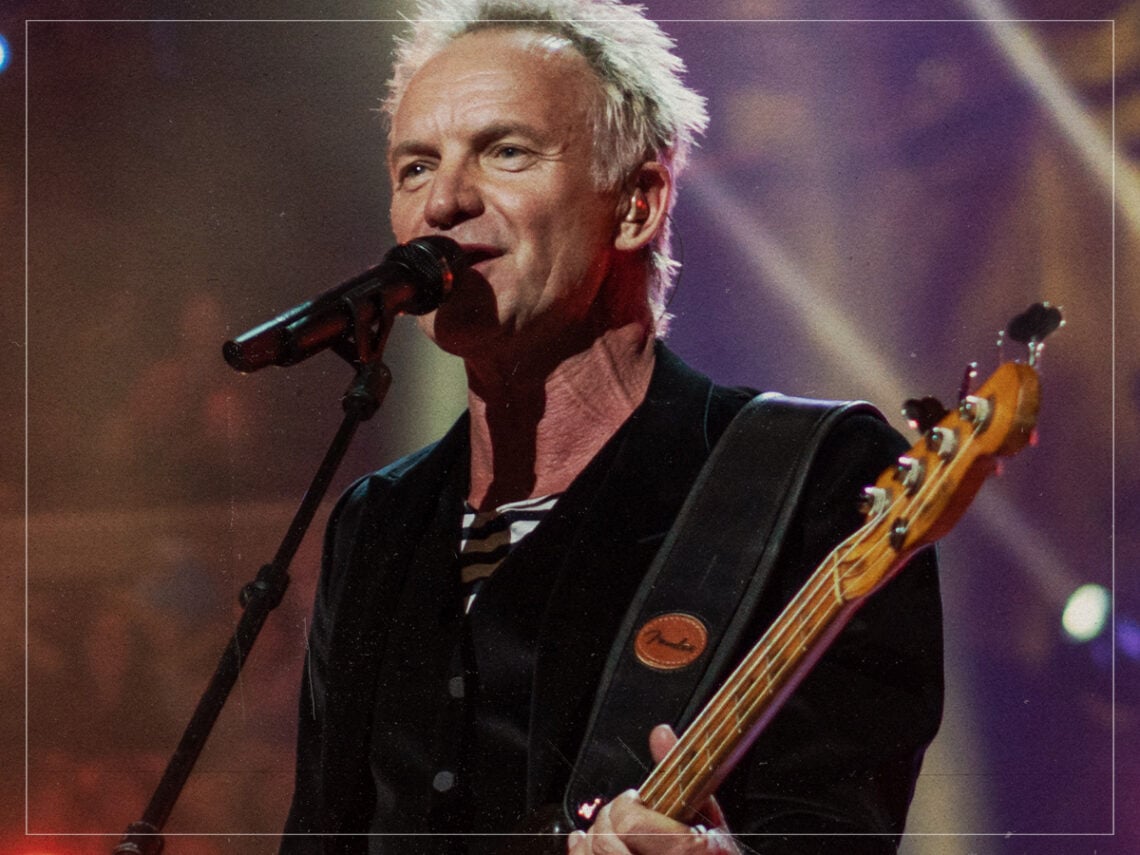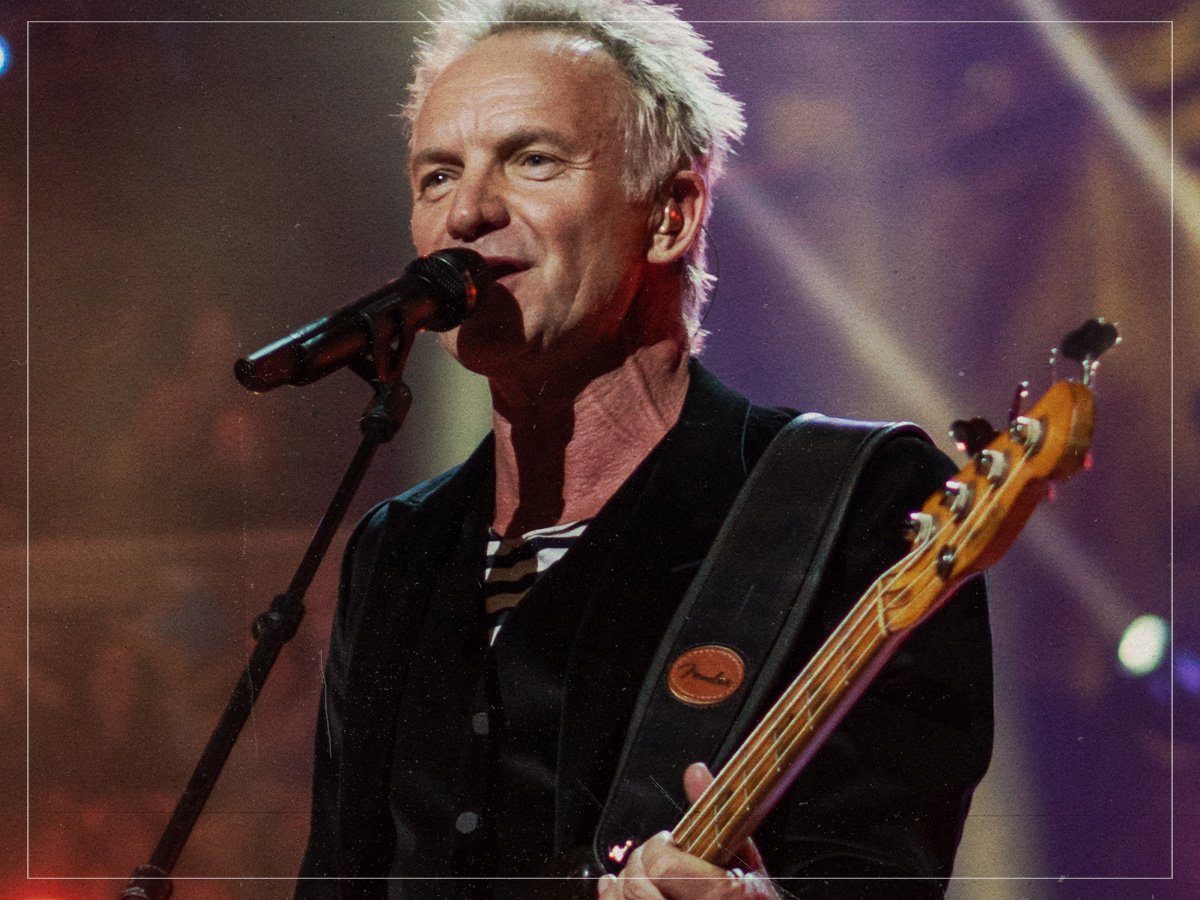
(Credits: Far Out / Raph Pour-Hashemi)
Sun 19 October 2025 14:00, UK
For Sting, there was never any disconnect between the movie screen and the blank canvas in a recording studio.
Both mediums were about making art at the end of the day, and the feeling that every actor, director, or musician is chasing after is the audience cheering once one of their projects is over. But while Sting could leave the audience with a smile on their face, he knew the difference between making movies that were entertaining and movies that could be harmful to the world.
Then again, Sting wasn’t exactly looking to be a true thespian in the broad sense of the word. He had a surprisingly decent track record with his onscreen cameos, but considering he was balancing making Dune at the same time that he was going on tour for Synchronicity, it would have been impossible for him to do both of those jobs at the same time and somehow manage to find time to sleep.
But it’s not like the musician-turned-actor idea is that terrible. There are always going to be people like Justin Timberlake that don’t have the same sense of star power when they transition to the big screen, but there are always going to be the Donald Glovers of the world that manage to do what they want on the music and movie front and get away with it. The avenue was open for Sting, but he knew that not every musical movie passed with flying colours.
Granted, the 1980s were always going to be the golden time for the cinematic musical masterpiece. Keep in mind that Prince was on the cusp of making movies like Purple Rain, and even if a movie like Flash Gordon was far from a critical smash, hearing Queen soundtrack the whole thing did give it a heightened sense of drama every time the theme song played. Many rock legends could throw their hat in the ring, and no one seemed to be more curious than Roger Waters.
After all, The Wall was made to be this extravagant stage show, so why not turn the whole thing into a film? The Who had already managed it well enough when working on Tommy, but even if Sting did have a good time working on Quadrophenia, he felt that a story centred around a man growing increasingly dissatisfied with being a rock star and going insane wasn’t the kind of cinematic masterpiece that Waters may have thought.
Despite the massive hype around The Wall, Sting felt that the whole thing was a headache to watch, saying, “I hated Pink Floyd: The Wall. I thought it was beautifully crafted and incredibly well-made, but utterly empty, full of nothing, nihilism. There’s more to life than that. There’s no humor in it, no hope. It’s like he’d read half of Camus or Sartre and decided that’s what truth is. I loathe it, it’s juvenile.”
And it’s not like Waters didn’t agree to a certain extent. He was certainly proud to create this sprawling epic, but even he had to admit that the lack of humour in the whole thing made the whole movie feel extremely dreary. It also doesn’t help that a few scenes are more than a little bit upsetting to revisit today, especially the moment where Pink loses all control and starts to become a fascist dictator in front of a crowd of screaming fans.
To the movie’s credit, the mix of different songs and the inclusion of the unreleased track ‘When the Tigers Broke Free’ is a nice touch, but it doesn’t exactly feel like a movie that’s meant to be seen without any context of the album. Because even if you have a passing knowledge of the story of The Wall, the 1982 adaptation is one of the most exaggerated versions of it. It has breathtaking cinematography, but it’s fair to say that this was the 1982 movie equivalent to the phrase “we live in a society.”
Related Topics

